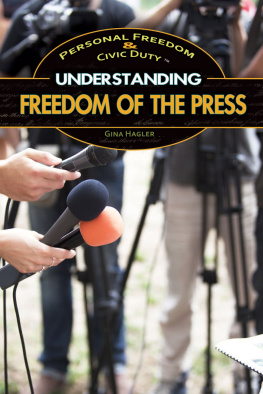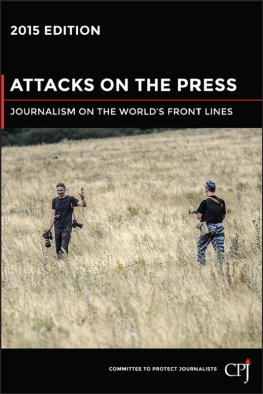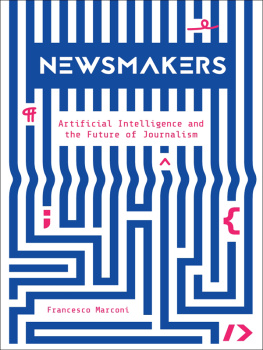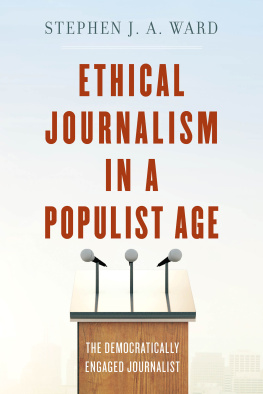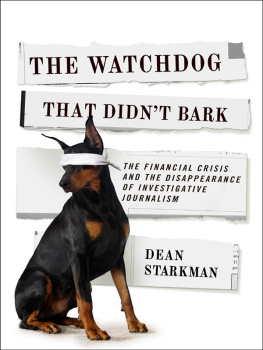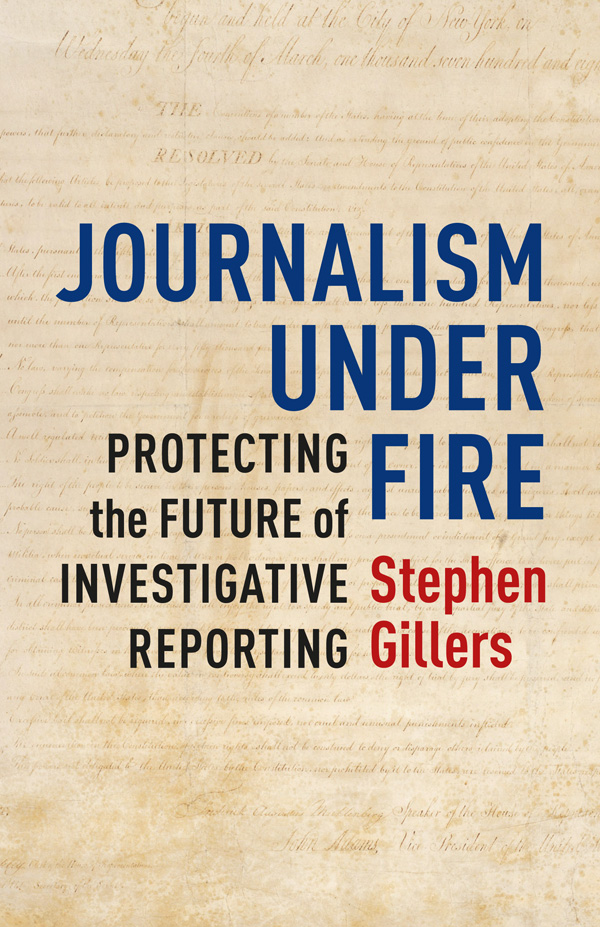Contents
Guide
Pagebreaks of the print version
JOURNALISM UNDER FIRE
COLUMBIA JOURNALISM REVIEW BOOKS
COLUMBIA JOURNALISM REVIEW BOOKS
For more than fifty years, the Columbia Journalism Review has been the gold standard for media criticism, holding the profession to the highest standards and exploring where journalism is headed, for good and for ill.
Columbia Journalism Review Books expands upon this mission, seeking to publish titles that allow for greater depth in exploring key issues confronting journalism, both past and present, and pointing to new ways of thinking about the fields impact and potential.
Drawing on the expertise of the editorial staff at the Columbia Journalism Review as well as the Columbia Journalism School, the series of books will seek out innovative voices and reclaim important works, traditions, and standards. In doing this, the series will also incorporate new ways of publishing made available by the Web and e-books.
Second Read: Writers Look Back at Classic Works of Reportage , edited by James Marcus and the Staff of the Columbia Journalism Review
The Story So Far: What We Know About the Business of Digital Journalism , Bill Grueskin, Ava Seave, and Lucas Graves
The Best Business Writing 2012 , edited by Dean Starkman, Martha M. Hamilton, Ryan Chittum, and Felix Salmon
The Art of Making Magazines: On Being an Editor and Other Views from the Industry , edited by Victor S. Navasky and Evan Cornog
The Best Business Writing 2013 , edited by Dean Starkman, Martha M. Hamilton, Ryan Chittum, and Felix Salmon
The Watchdog That Didnt Bark: The Financial Crisis and the Disappearance of Investigative Journalism , Dean Starkman
Beyond News: The Future of Journalism , Mitchell Stephens
The New Censorship: Inside the Global Battle for Media Freedom , Joel Simon
The Best Business Writing 2014 , edited by Dean Starkman, Martha M. Hamilton, and Ryan Chittum
Engaged Journalism: Connecting with Digitally Empowered News Audiences , Jake Batsell
The Best Business Writing 2015 , edited by Dean Starkman, Martha M. Hamilton, and Ryan Chittum
Journalism After Snowden: The Future of the Free Press in the Surveillance State , edited by Emily Bell and Taylor Owen, with Smitha Khorana and Jennifer R. Henrichsen
JOURNALISM UNDER FIRE
PROTECTING THE FUTURE OF INVESTIGATIVE REPORTING
STEPHEN GILLERS
Columbia University Press New York
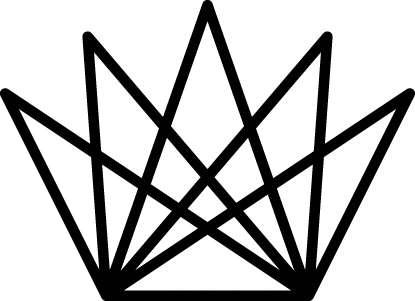
Columbia University Press
Publishers Since 1893
New YorkChichester, West Sussex
cup.columbia.edu
Copyright 2018 Columbia University Press
All rights reserved
E-ISBN 978-0-231-54733-8
Library of Congress Cataloging-in-Publication Data
Names: Gillers, Stephen, 1943 author.
Title: Journalism under fire : protecting the future of investigative reporting / Stephen Gillers.
Description: New York : Columbia University Press, 2018. | Series: Columbia journalism review of books | Includes bibliographical references and index.
Identifiers: LCCN 2017058610 (print) | LCCN 2018000758 (ebook) | ISBN 9780231168861 (cloth : alk. paper) | ISBN 9780231168878 (pbk. : alk. paper)
Subjects: LCSH: Reporters and reportingLaw and legislationUnited States.
Classification: LCC KF2750 (ebook) | LCC KF2750 .G55 2018 (print) | DDC 342.7308/53dc23
LC record available at https://lccn.loc.gov/2017058610
A Columbia University Press E-book.
CUP would be pleased to hear about your reading experience with this e-book at .
Cover design: Milenda Nan Ok Lee
Cover image: Everett Collection Inc. / Alamy
For Barbara S. Gillers

CONTENTS
C lose by, I had guidance from two lawyers and a journalist: Barbara S. Gillers, Gillian Gillers, and Heather Gillers, respectively. I thank Steven Shapiro and Burt Neuborne for reading portions of the book and offering advice. I am grateful to Lindsey E. Smith, JD, NYU School of Law 2018, for proofreading the manuscript and checking citations with spectacular attention to detail. I benefited from presenting some of my arguments to journalism and law faculty at the University of Missouri. I also thank the DAgostino/Greenberg Fund for financial assistance that enabled me to work on this book. Victor Navaksy had the idea for this book, although I cannot promise that the book as published is exactly, or even roughly, what had he had in mind. But it would not have been written without his late-night call a couple of years ago.
M y subject is freedom of the press generally and investigative journalism in particular. My argument is built on two premises. First, a free press is essential to American democracy. Until recently, this premise would have seemed self-evident. Today, it may be quixotic. President Trumps incessant hostility to journalism and the nearly daily attacks on fake news, including a charge from within the White House that the press is the enemy of the people, can only encourage the publics already declining trust in the news. That the White House offers no evidence to support its accusations seems irrelevant. Whether a fact is true or false seems for many to have become a political question, not an empirical one. That view is unlikely to disappear with the end of the Trump presidency. So it may not seem an opportune time to write a book arguing to expand press freedom. I suggest, however, that the improbability of even modest success at this moment is precisely why the effort is necessary. Legal scholars, historians, students of government and journalism, and, most important, the press must respond forcefully to public and private efforts to demean journalism and to disparage its importance to democracy. They may lose in the short run. They may even lose in the long run. But they must resist the assault in the belief and hope that they will win in the end.
My second premise is that because the First Amendment, legislation, and court opinions are the primary sources of press freedom, the meaning of freedom of the press in the United States must begin with what the law now says. Now is the key word. Law is the necessary starting point only because law is where freedoms are formally recognized or denied. But the law on press freedom is no more than an expression of public policy in another form. We must begin with law but not end there. The broader public-policy question is more prescriptive than descriptive: it asks what freedom of the press should be in order best to serve democracy, not simply what courts happen to say about it at the moment. The law can change, and has changed, to respond to the questions.
There is freedom to and freedom from . How much of each should the law give the press? And how should it do so? Those are among the questions that this book will try to answer. Answers must begin with the Constitution. Congress, the First Amendment tells us, shall make no law abridging the freedom of the press. This is the Press Clause. What does it mean? The Supreme Court once treated it as a source of rights for an institution called the press, and it should do so again. The Press Clause should be interpreted to recognize the importance of journalists to the American system of government and to democracy. Lately, however, the Press Clause has been mostly missing from Supreme Court opinions and public discussion. Certainly, we hear the phrase freedom of the press often enough, but outside the legal academy, we hear little specifically about the Press Clause.


